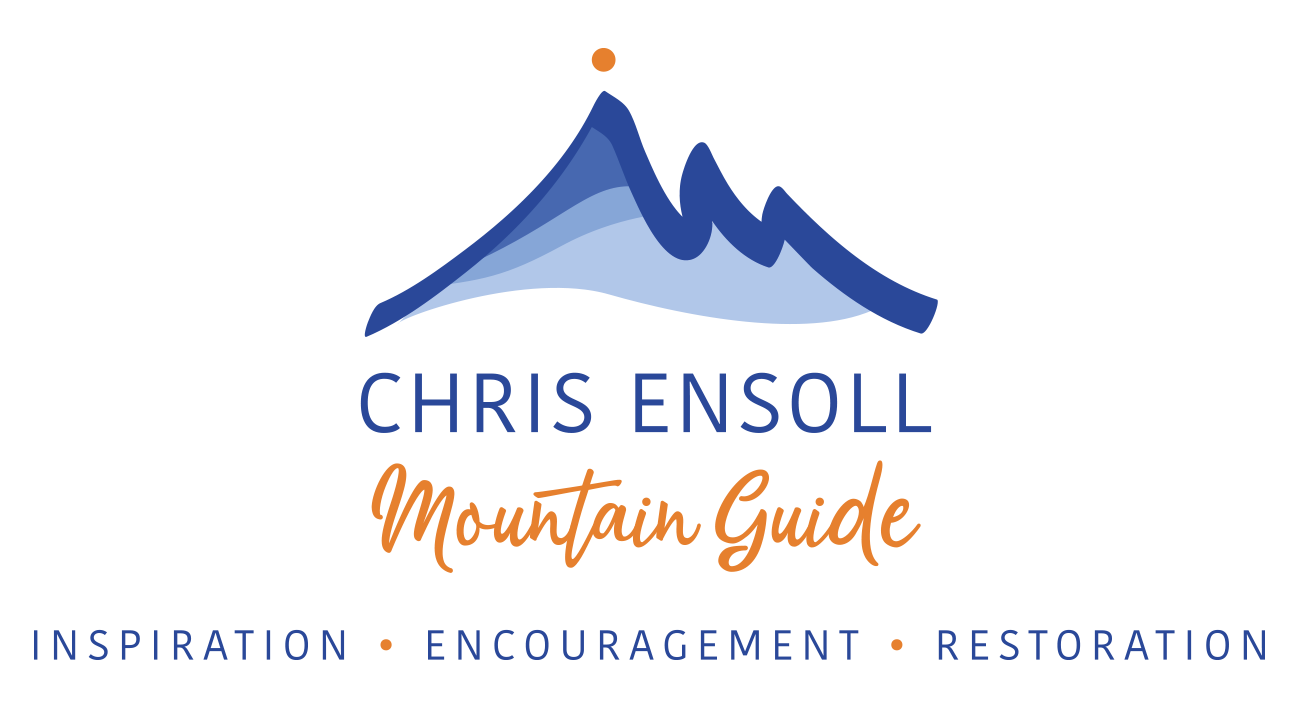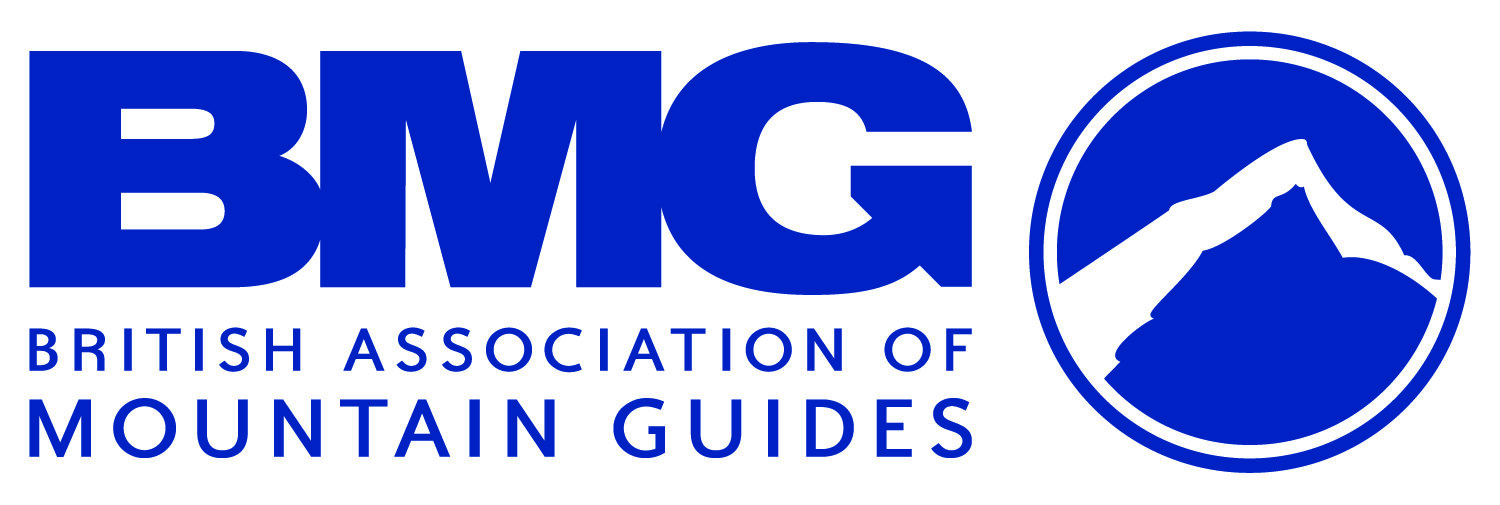Why do some mountaineers end the day with energy to spare?
/Ideas by Chris, words by Anne
We’ve all been there. You get back to the car after a great day in the hills, totally exhausted, feeling like you couldn’t possibly take another step. But your friend looks like she can go for a good few miles yet. How does she do it?
There are three areas that will affect how you feel at the end of the day: efficiency, pace and fitness.
Efficiency
When you walk on flat ground, your body is working efficiently and you don’t use much energy. This should be your aim when you are on steeper ground – to move as efficiently as when you are on the flat. Keep this in your mind:
Straight and strong, fluid and dynamic
When you are on steep and exposed ground and feeling anxious your natural tendency is to curl up and stop moving – just the opposite of straight and strong, fluid and dynamic. Static balance is much harder to achieve than dynamic balance. When you bend over you lose your core stability. The result is that you will be more likely to stumble and fall. Most accidents in the mountains come from a simple slip or trip.
Another factor in your efficiency is how much weight you carry on your back. You will go further, be less tired at the end of the day, and have more fun if you only take the things you really need. Keep in mind that light is right, and ask yourself these three questions:
Does it keep me warm and dry?
Does it keep me safe?
Can I eat or drink it?
If you’re wondering whether or not to take something, and you can’t say yes to one of those questions, you probably won’t need it. Think about the weather, how long you expect to be out, and add a bit extra.
Pace
Our bodies are very good at endurance, but not so good at sprinting. If you set off too fast at the start of any endurance event, you can limit your performance by as much as 20%. Start slow, finish strong – just like the tortoise and the hare. You will be less tired at the end of the day and therefore less likely to fall and hurt yourself. As a rule of thumb you should be able to hold a conversation whilst walking. Aim to be able to keep walking for up to two hours without having to stop. Interval training is a good way to train but not good when on the hill.
Fitness
The more mountain fit you are, the better you will cope but on a given day you will be as fit as you are and cannot change that on the day.
Work on optimising these three – your efficiency, your pace and your fitness – and you’ll find yourself having much more fun on your days out in the mountains.
Do you have any tips you’d like to share with your fellow mountaineers?






